Hearing the Call
The truth is, this work is rooted in love, healing, and remembrance. The sacraments don’t exist to punish or break you down—they exist to open you. They illuminate what has been hidden, not to overwhelm, but to offer a path toward healing. This journey is one of compassion, understanding, and ultimately, forgiveness. If you feel the call but also feel fear, that’s natural.
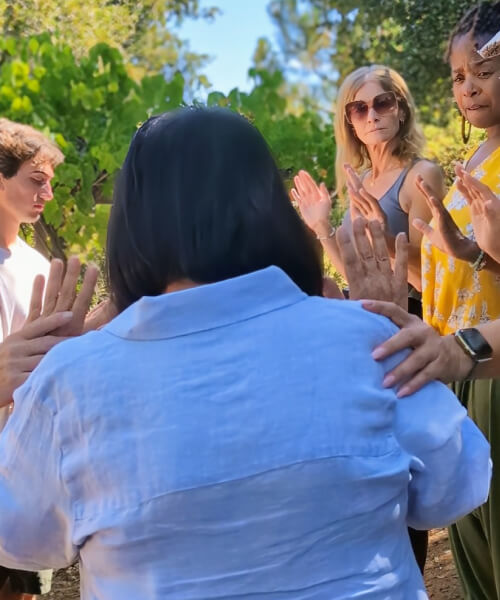
The mind resists what it doesn’t understand. But healing isn’t about control—it’s about surrender. Are you willing to trust what’s unfolding? Are you ready to let go of what no longer serves you?
Here’s how you know:
You feel deeply called, a magnetic draw from a deep space within yourself to the sacraments. This magnetism is undeniable and persistent, one that keeps showing up for you and feels like a strong but gentle pull. It is more than curiosity; it feels like a deep knowing.
The sacraments and opportunities to sit with them seem to have appeared synchronistically in your life. Things seem to be falling into place, and you seem to have many signs pointing you toward ceremony with the sacraments.
It is your and only your decision to sit with the sacraments. The path may have been opened by someone you know, but you are doing this because you feel the deep call, not because you believe that someone else expects it from you or that you will gain something from them by doing it.
You are not simply looking for a quick fix. You understand that the sacraments provide great healing, but that this is only 50% of the work, and it is up to you to make the changes to grow fruit from the new seeds that have been planted. Working with the sacraments is about personal honesty and taking responsibility for one’s own life.
You are in a space in which you can commit to a new path. You are at a level of stability where you are able to support yourself as you process an experience of this depth. The sacraments continue their internal work when you leave the ceremony, and you need to have some tools, as well as the capacity to commit to yourself post-ceremony.
You approach this path with respect, humility, and curiosity. We are working with unaltered plant spirits and not synthetic or altered/extracted substances, and as such, you are building a relationship with the spirit of the medicine. You understand that to receive the incredible wisdom, healing, activation, and guidance, it is essential to approach this work with an attitude of intentionality and reciprocity.
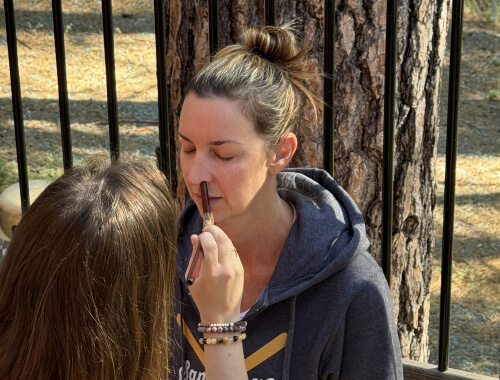
Preparing for Ceremony
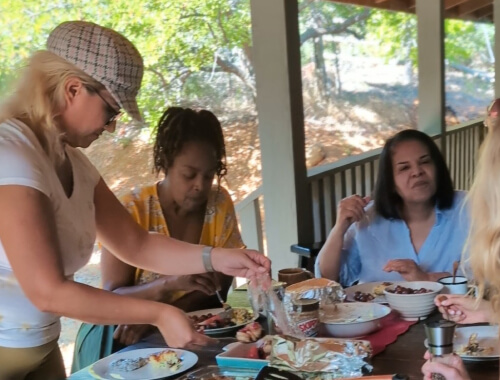
Dieta
abstain from:
- Sexual activities of any kind, including masturbation
- Dark media
- Social media consumption
- Alcohol
- Cannabis
- All street drugs (cocaine, MDMA, amphetamines, etc.)
- Spicy foods
- Ice, ice cream, or ice cold drinks
- Refined sugars
- Red meat
- Junk and processed foods
- Salt or pepper
- Sweets or chocolate
- Oils (if you must use oil, use olive or coconut oil very sparingly)
- Animal fats (lard, etc.)
- Carbonated drinks (including diet sodas, energy drinks, non-alcoholic beer)
- Dairy products
- Fermented foods
- Caffeine & other stimulants
Medical Considerations
Certain medications and supplements can interact negatively with the sacraments, potentially causing serious health risks. Some substances, even if not directly harmful, can interfere with the ability of the sacraments and the facilitator to connect to and work with your energy during the ceremony.
Ayahuasca in particular is not recommended for people with psychosis or bipolar disorders. While ayahuasca has rarely caused issues for people with major heart conditions, it’s important to approach this with caution. Many drugs haven’t been tested for compatibility with the medicine, so it’s important to be open about anything you’re taking. If you’re on SSRIs, you’ll need to be off them for at least four weeks before ceremony.
If you have a medical diagnosis, we recommend consulting with your doctor to ensure you get the right guidance, especially when it comes to tapering any medications. Please don’t stop or change any medications or medically necessary supplements without first discussing it with your primary care doctor.
Safety is our priority and medical screening is required for all participants.
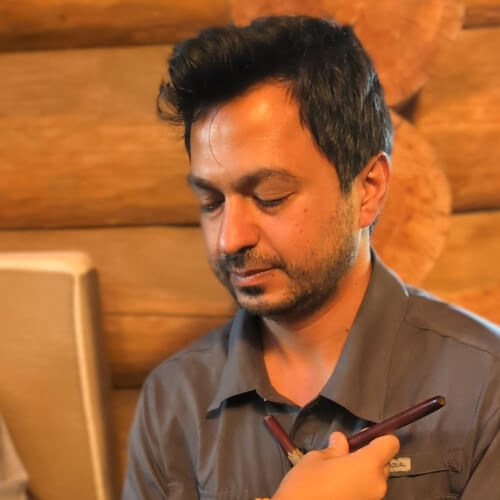
Emotional and mental preparation:
It is helpful to practice mindfulness and other introspective emotional and spiritual practices in the period before comin gto a retreat. These can include meditation, journaling, a morning practice, somatic work, movement, time in nature or any practice that resonates with you and allows you to come into yourself. This will help ground you into the experience and be in the best place to receive the wisdom of the sacraments.
Self Care

Setting Intentions
Releasing Expectations
Have an Integration Plan
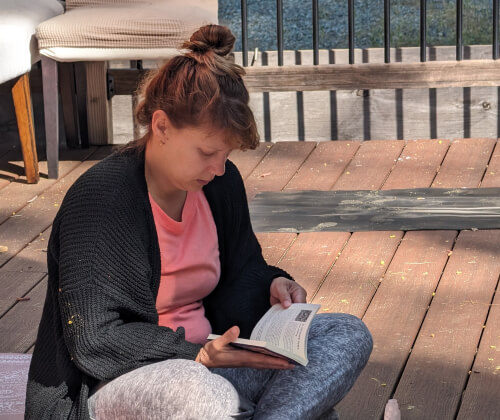
How to Know When you are ready to sit again
For those who have previously partaken in ceremony, it’s common to reminisce about the initial experience – the challenges, the breakthroughs, and the profound moments of clarity. It’s only natural to wonder, “Am I ready to dive deep once again?” It’s essential to remember that every journey is distinct, shaped by your current state of being, your intentions, and the lessons you’re primed to learn (and what you integrated since the last experience). While your first experience might have been framed by a particular set of circumstances, your subsequent ceremonies can be entirely different, offering fresh perspectives and revelations.
So, if you feel the call in your heart once more, trust in the process. Trust that you are being guided towards further growth, deeper understanding, and another step on your path to self-discovery. And as always, approach it with an open heart, ready to embrace whatever the journey unfolds.
